Using 19 different quantum computers, scientists demonstrate how entangled particles break limitations in accuracy on the sub-atomic scale.
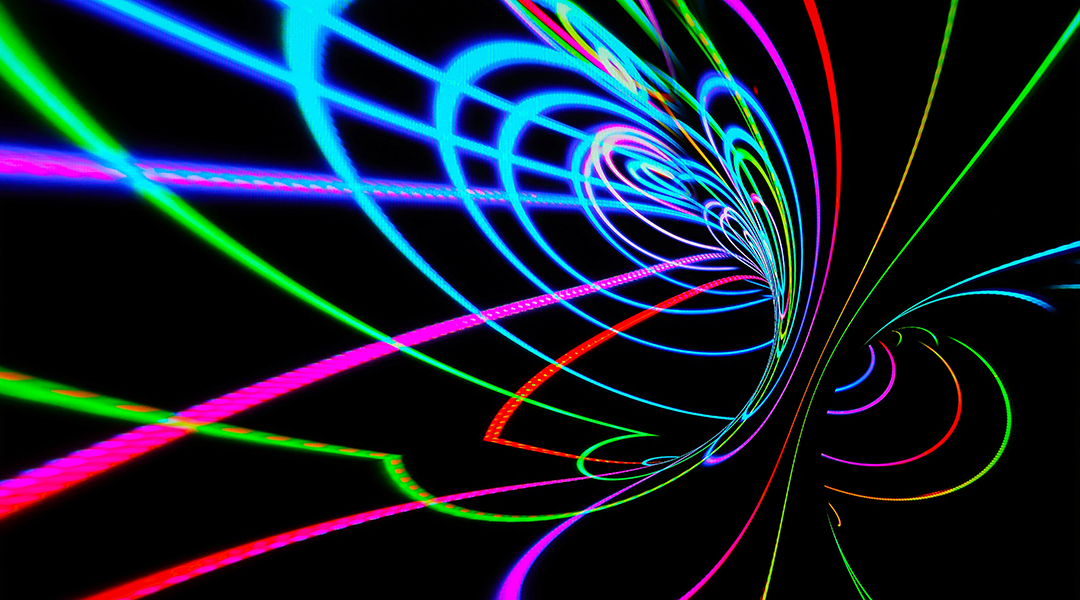

Using 19 different quantum computers, scientists demonstrate how entangled particles break limitations in accuracy on the sub-atomic scale.

What would it mean for two particles to become gravitationally entangled?
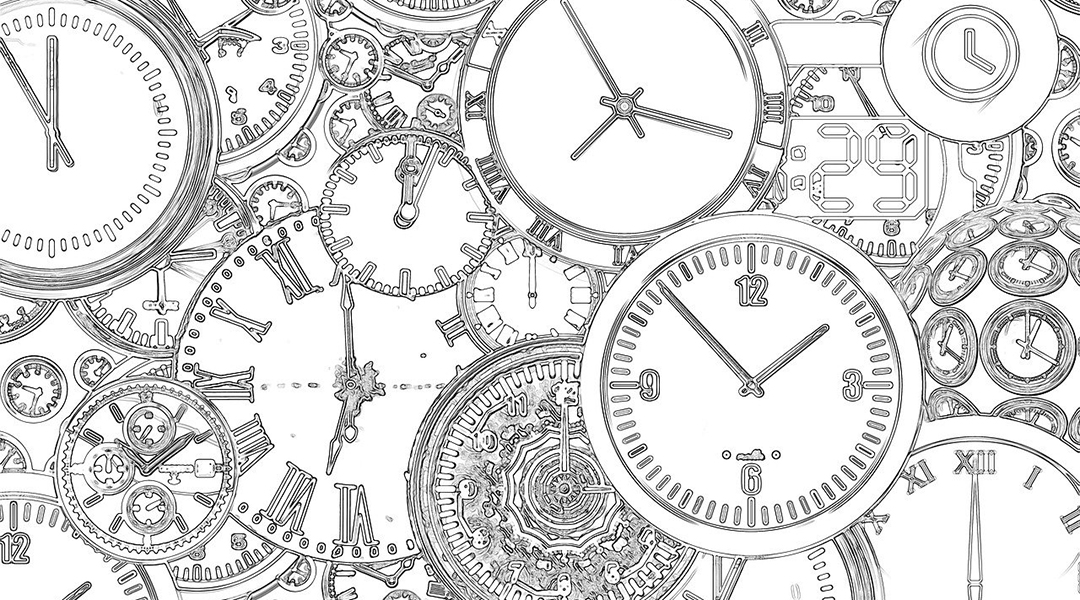
Scientists use quantum entanglement to compare two atomic clocks achieving what might be the ultimate precision possible.
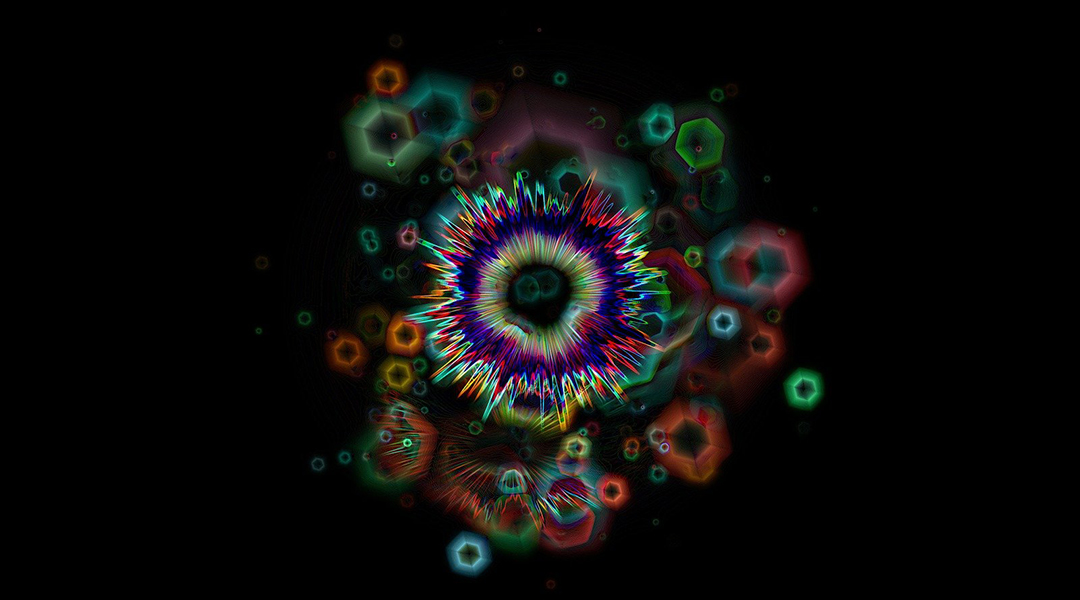
Quantum gravity seeks to describe gravity according to the principles of quantum mechanics, but can it be done?
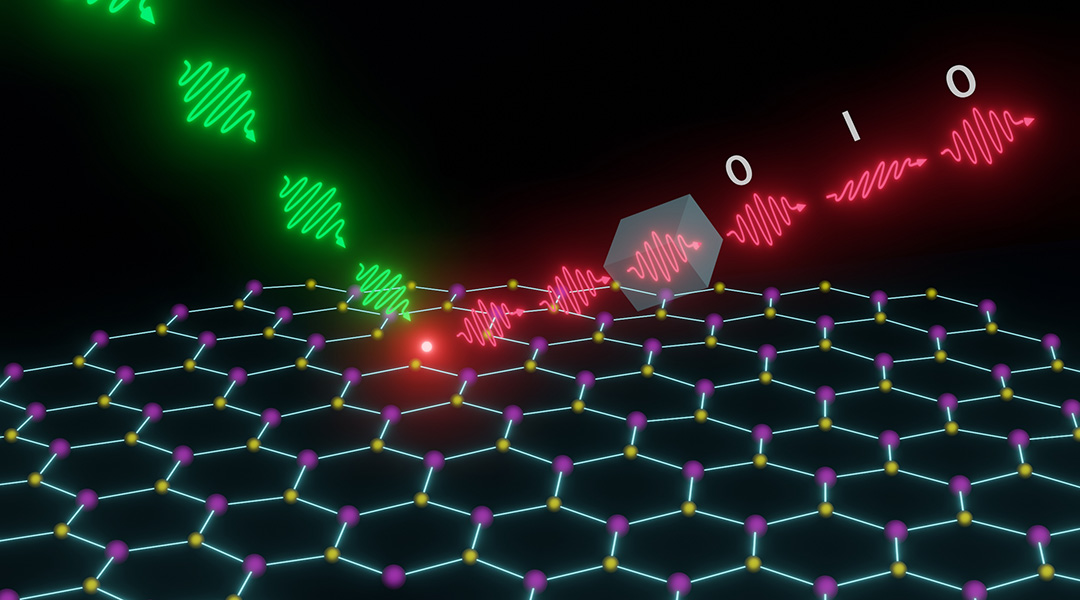
Exploiting defects in 2D hexagonal boron nitride to create reliable single photons, researchers have upped their quantum encryption game.
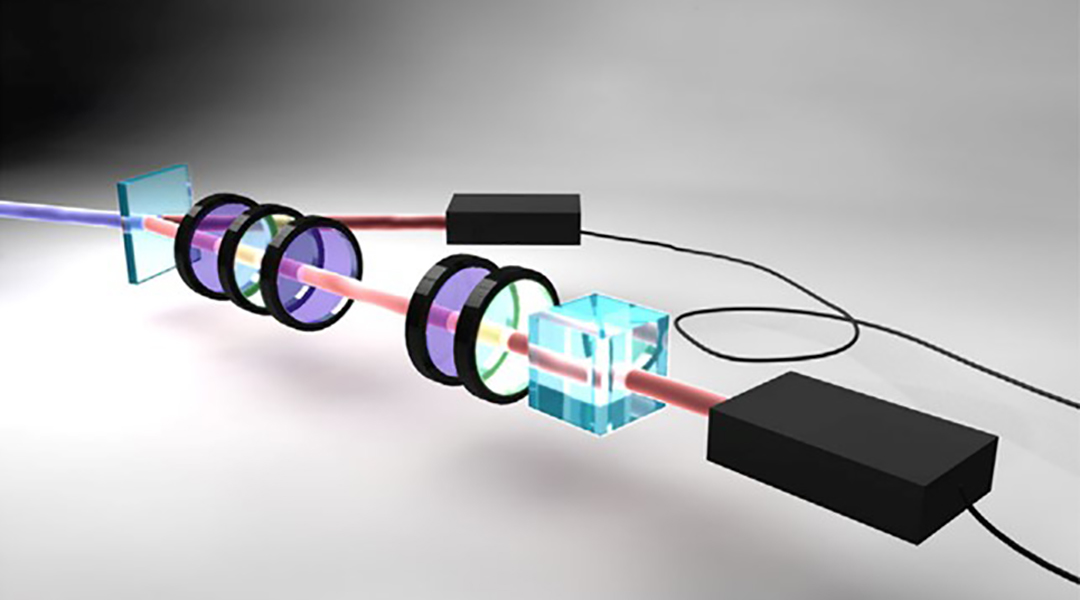
Quantum computing to process large amounts of data tested by bringing together complementary and versatile quantum processors.
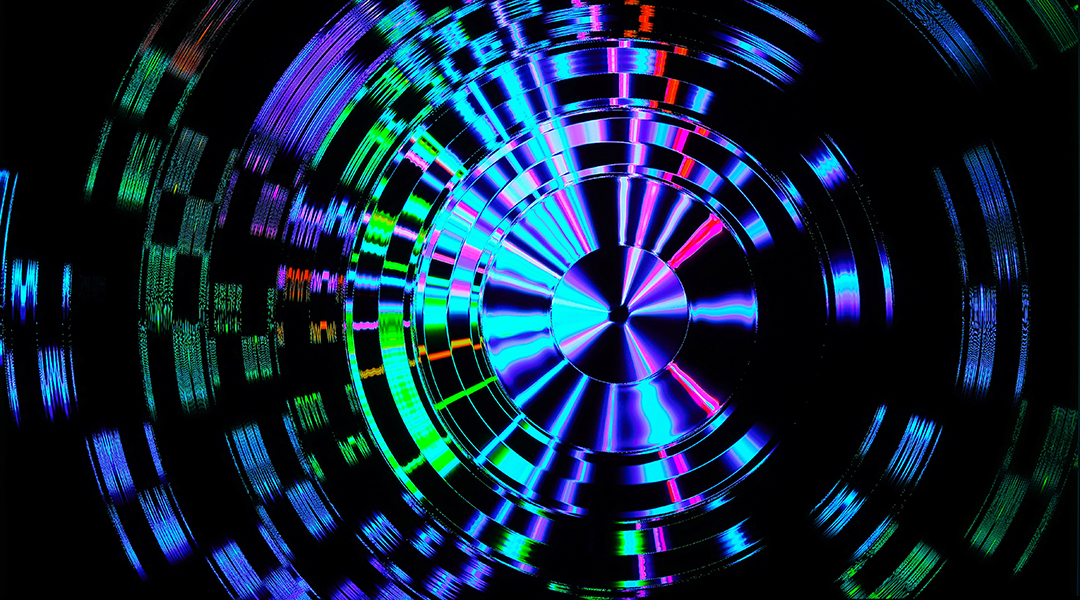
A set of quantum computers was put to the test by playing the notorious triangle game.
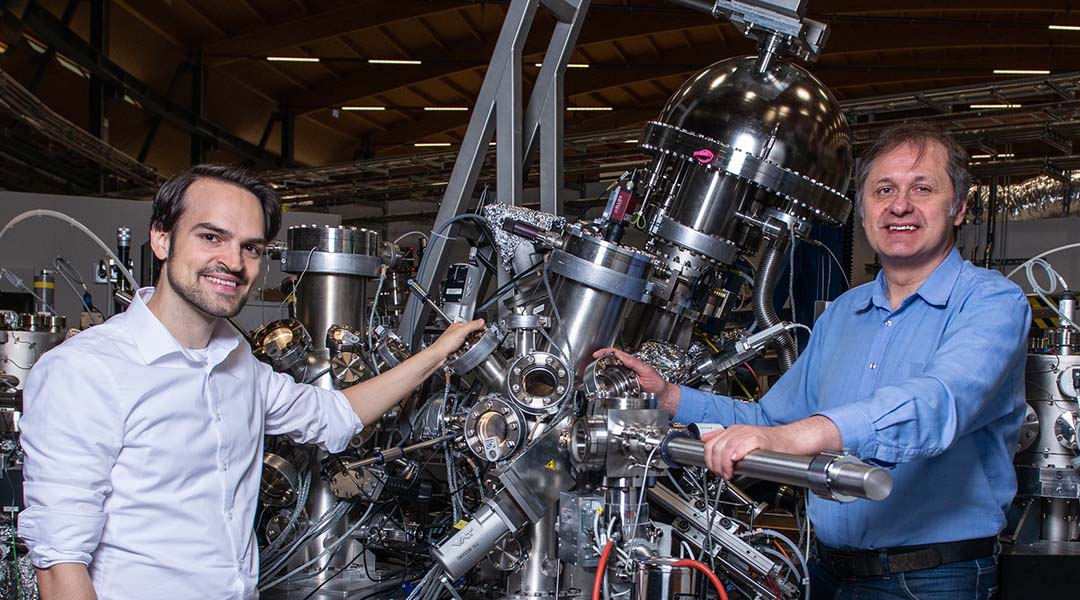
A new endeavor explores the idea of topological qubits that are easy to engineer for error-free quantum computing.
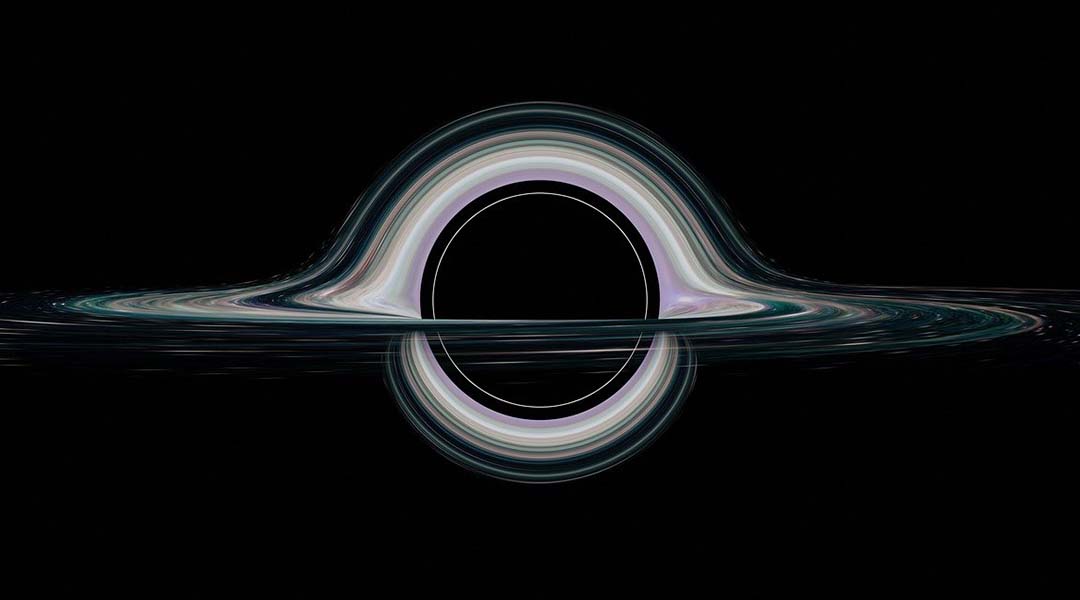
Physicists hope to detect asymmetry in spinning black holes using NASA’s LISA telescope to finally provide proof of quantum gravity.
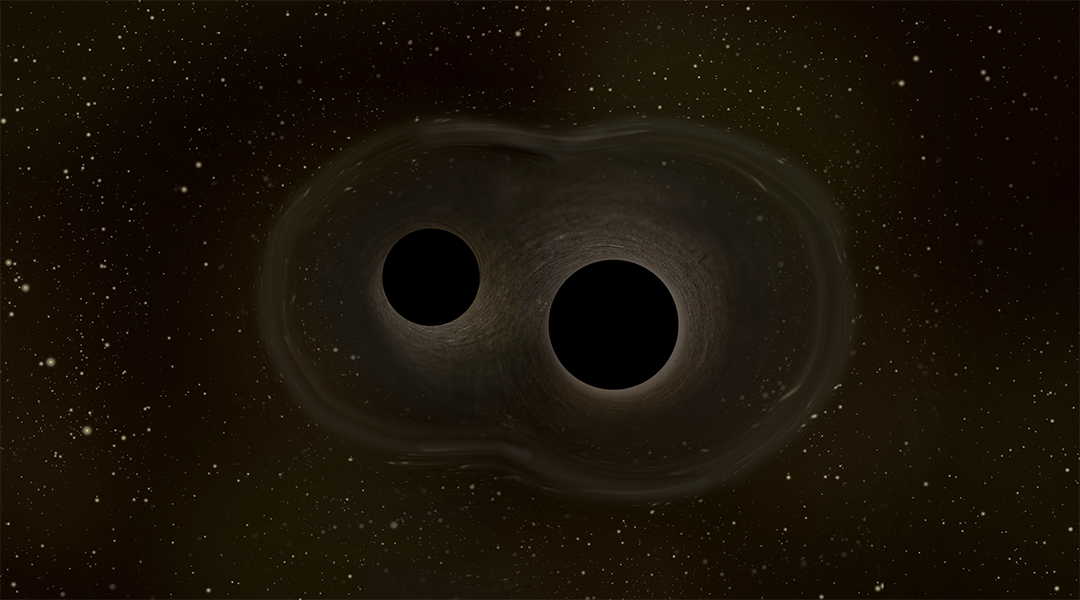
The existence of a quantum membrane is predicted by some theories of gravity, and scientists might be one step closer to identifying one.